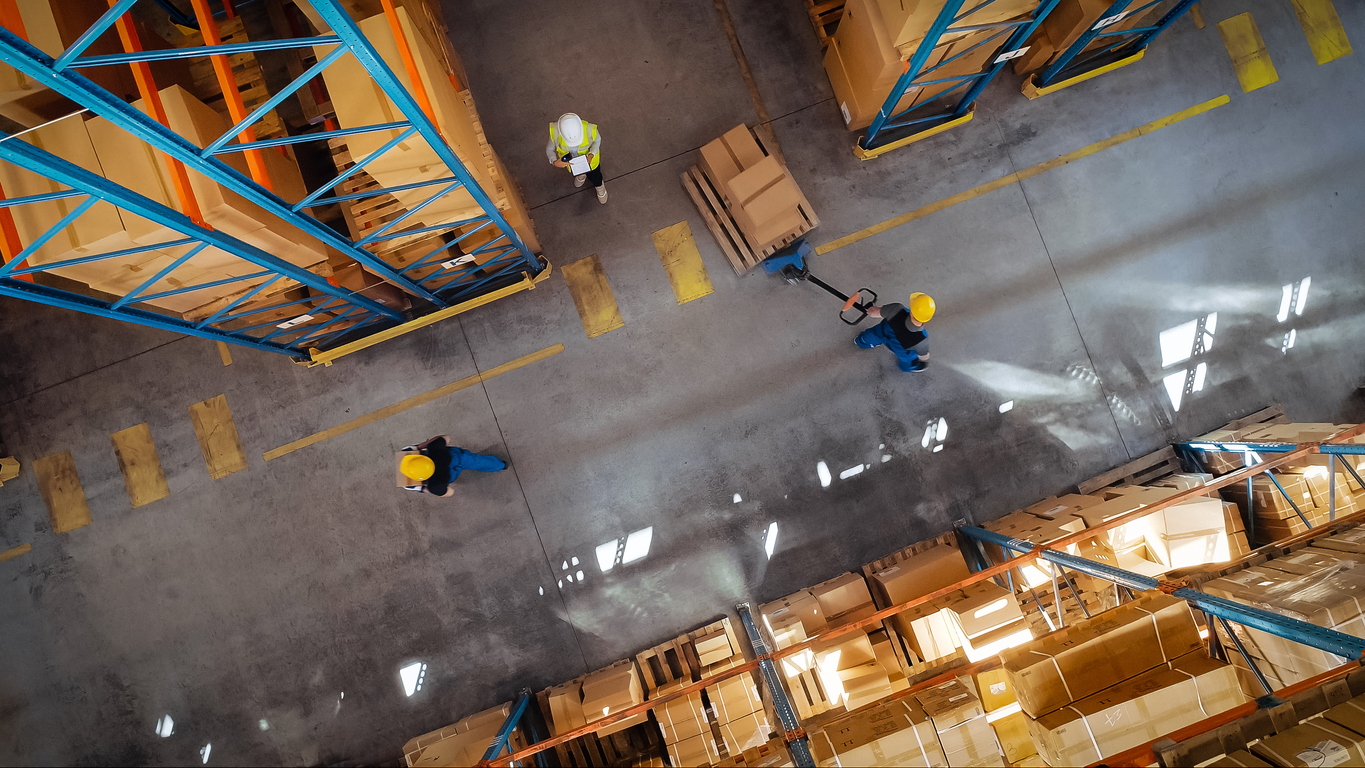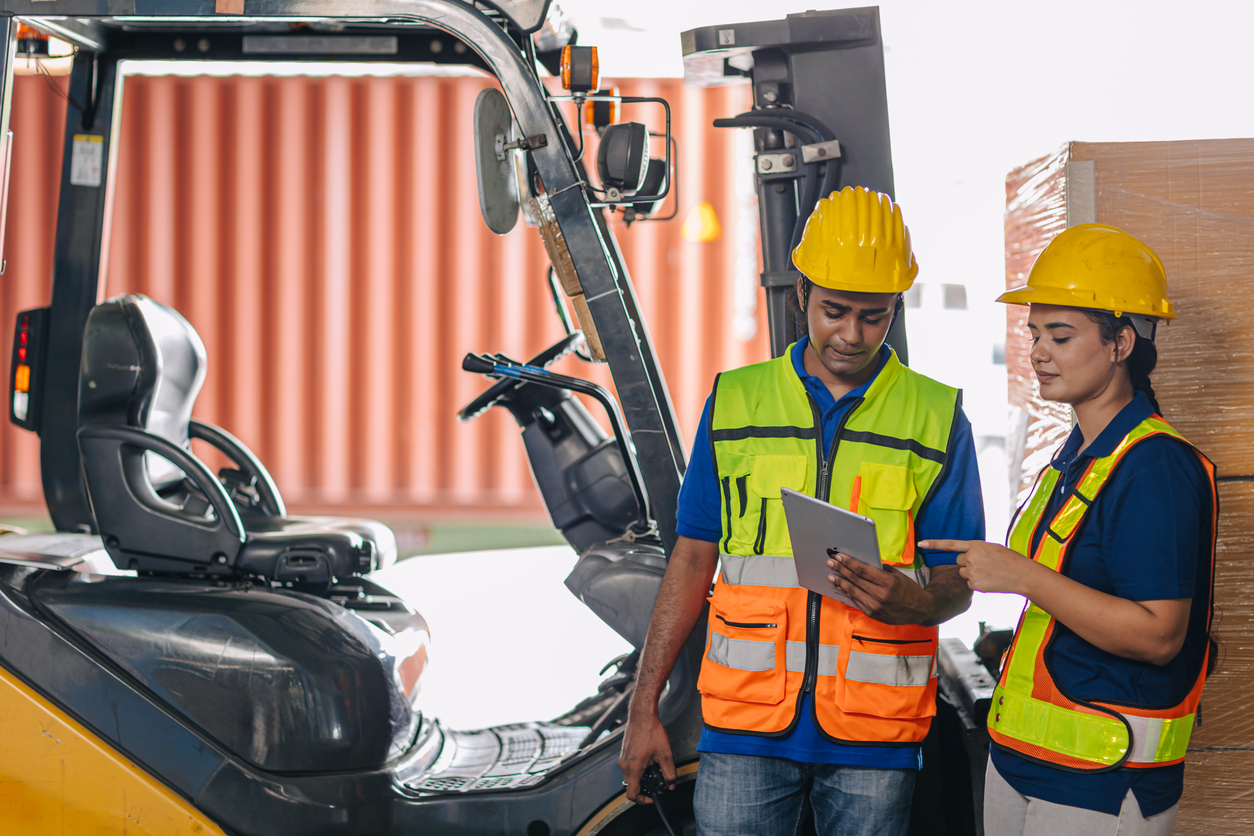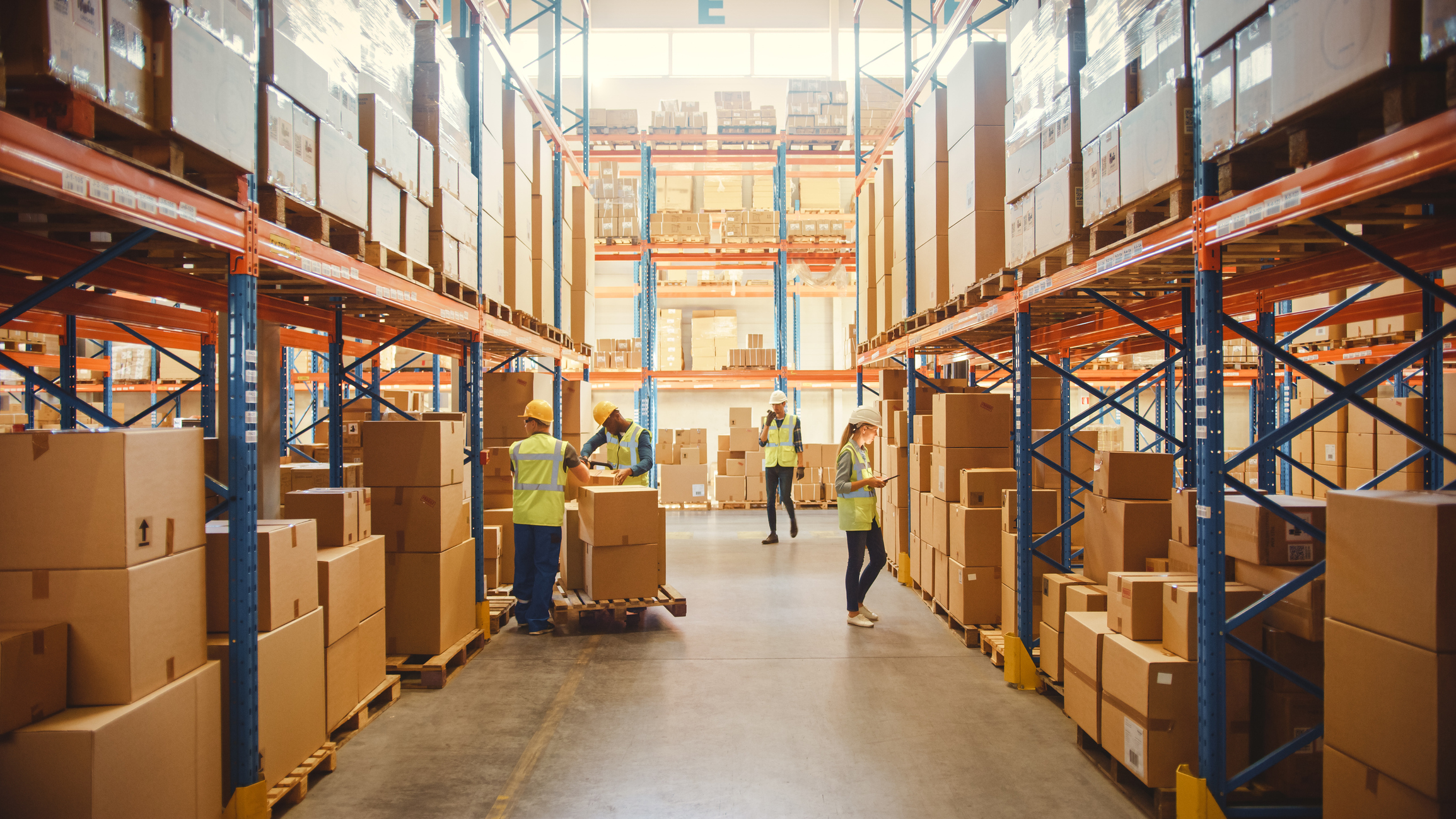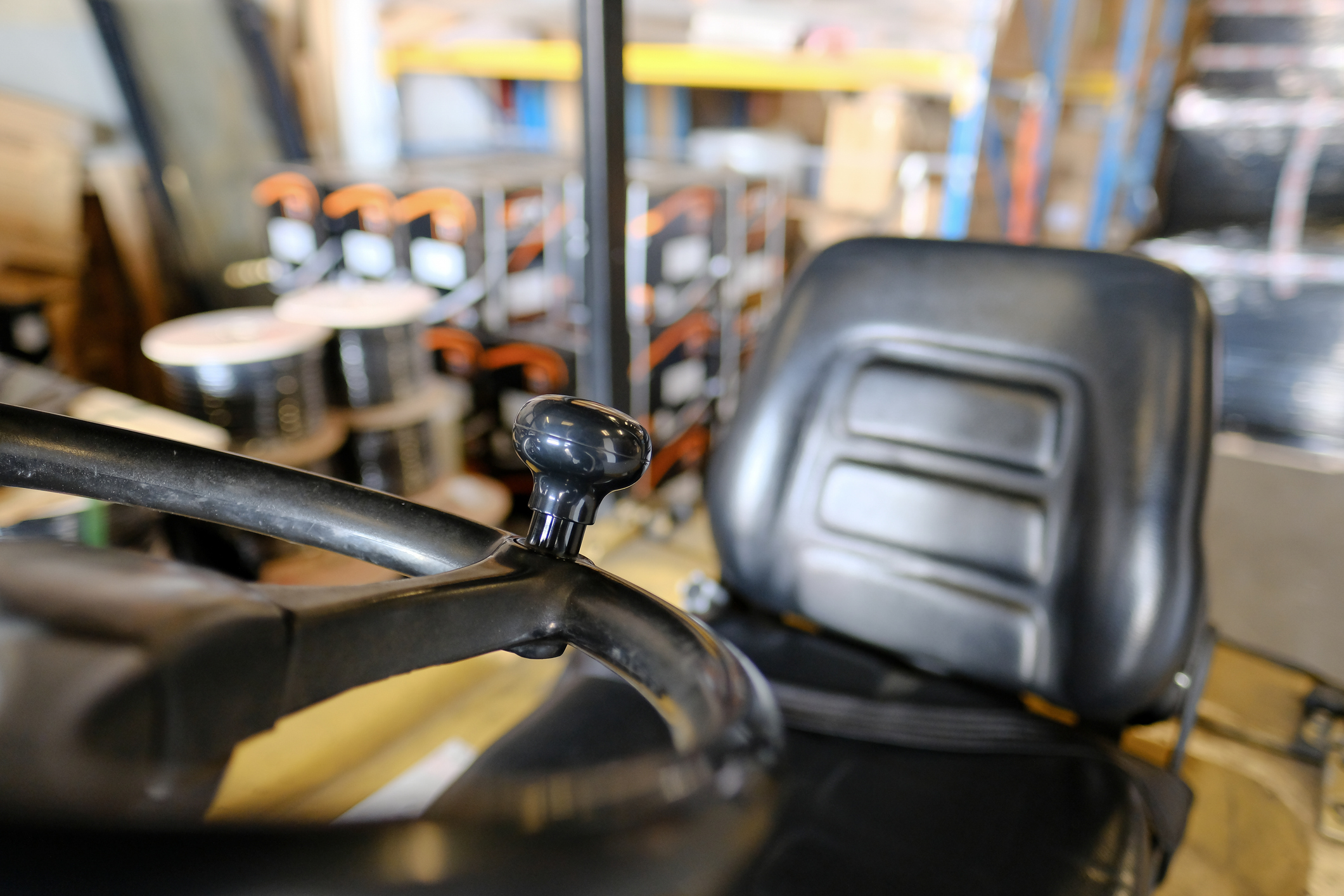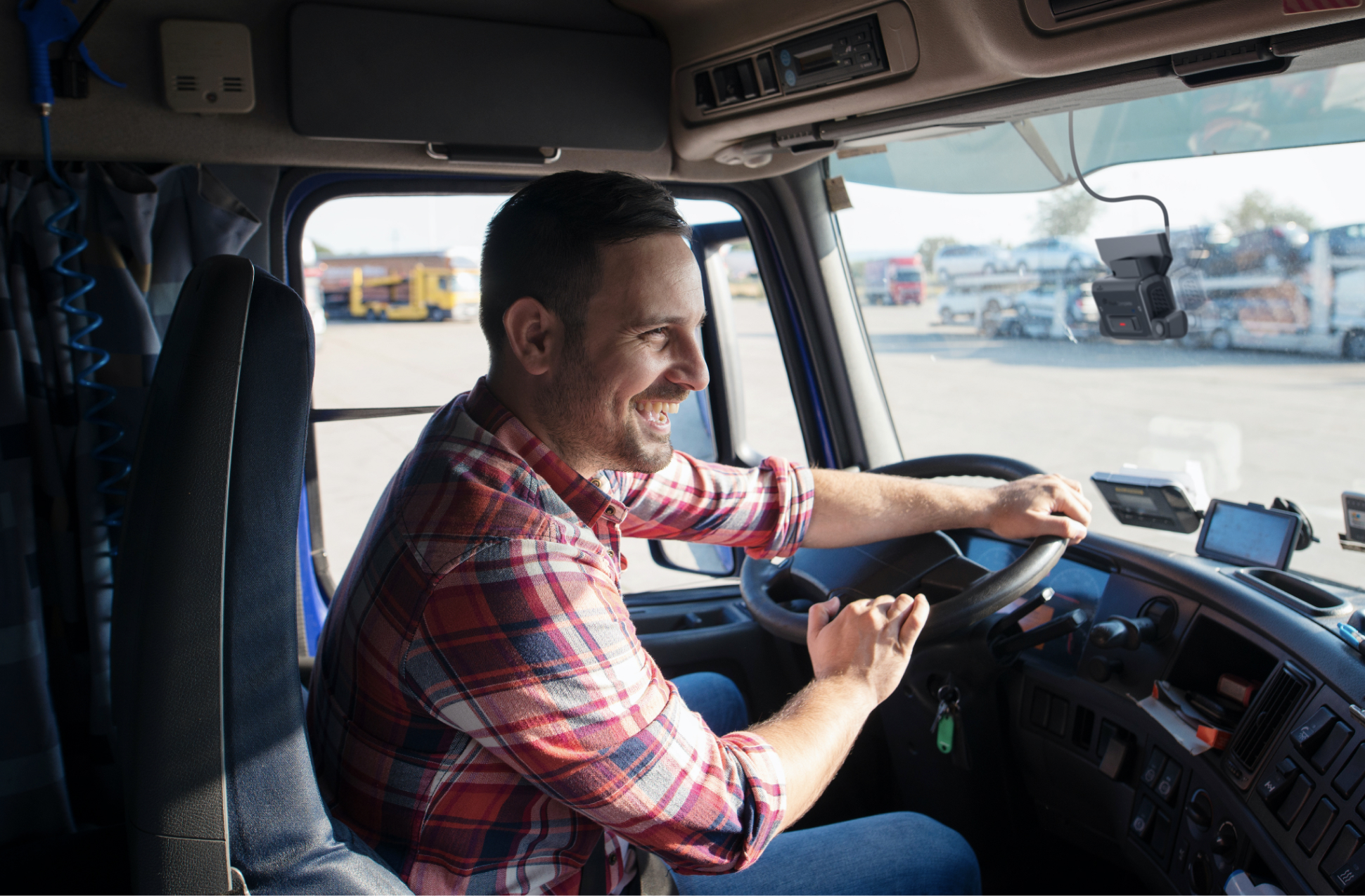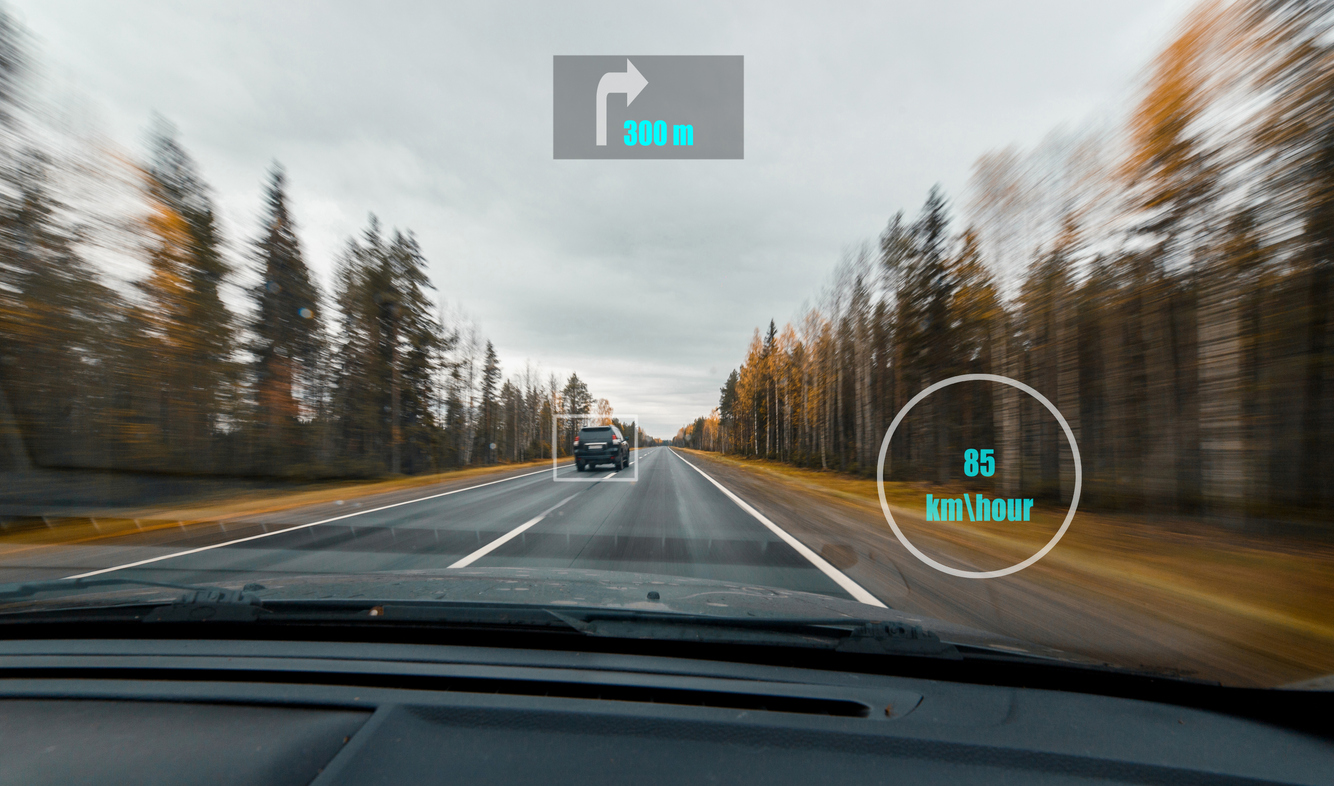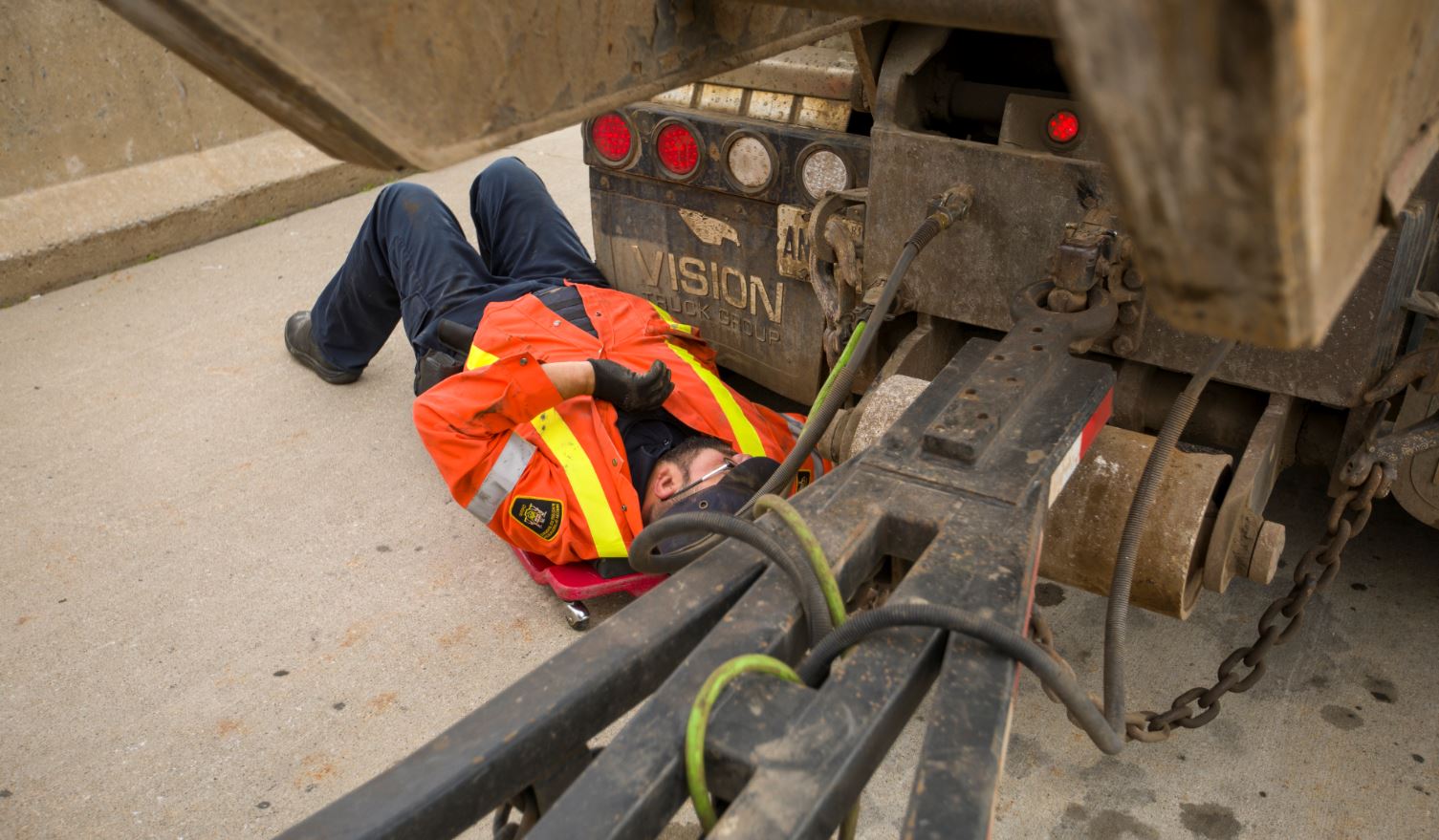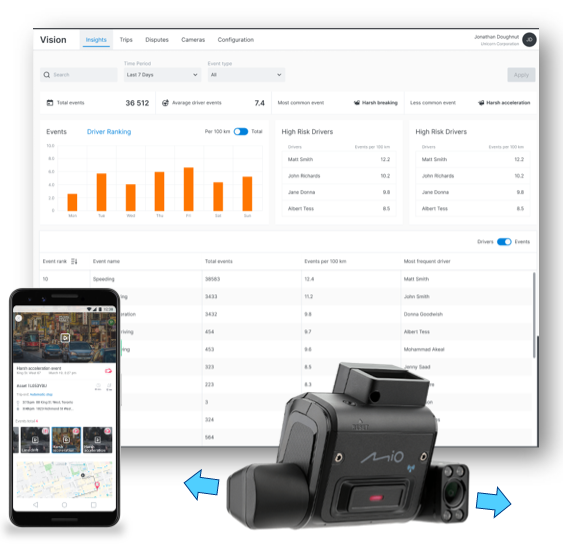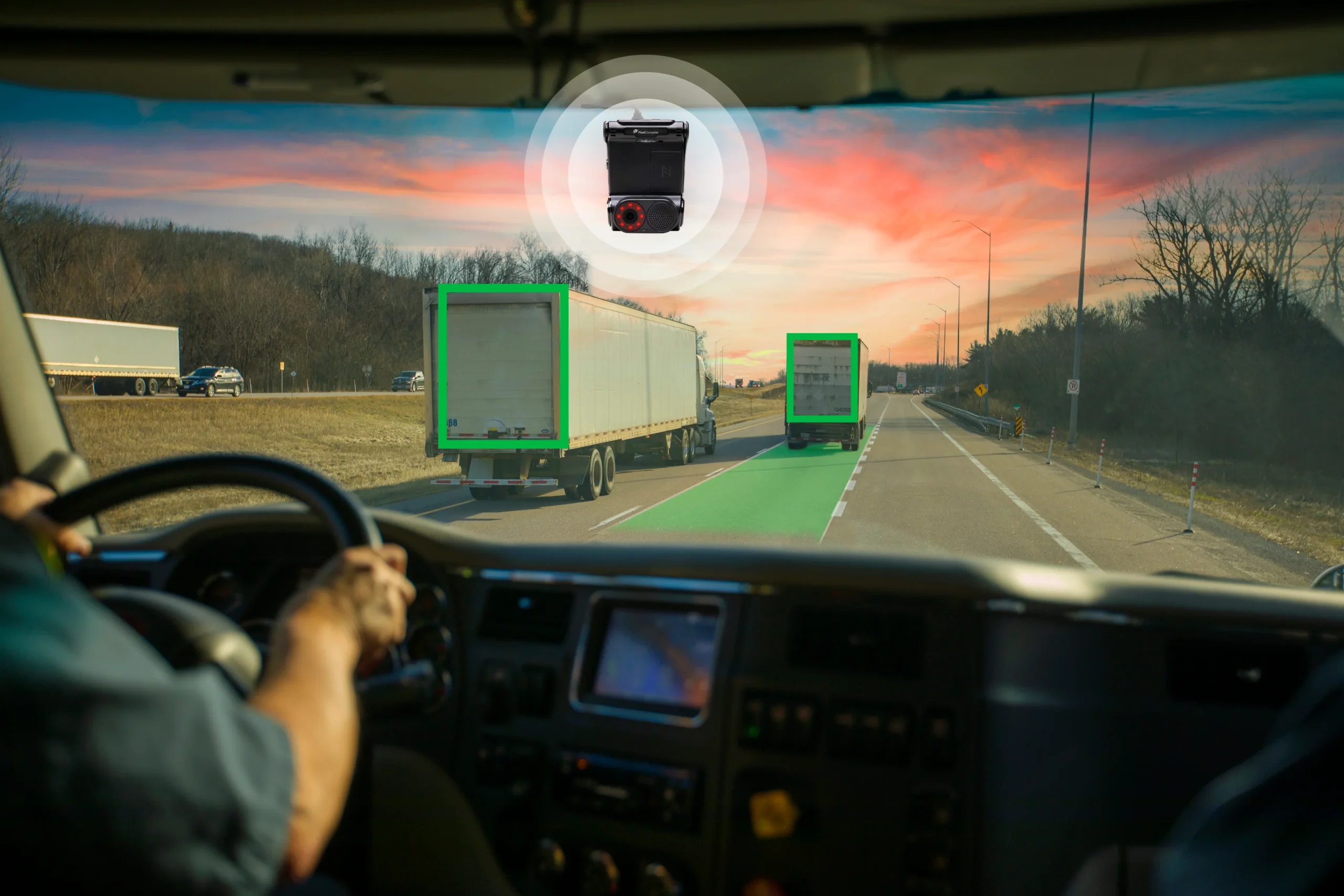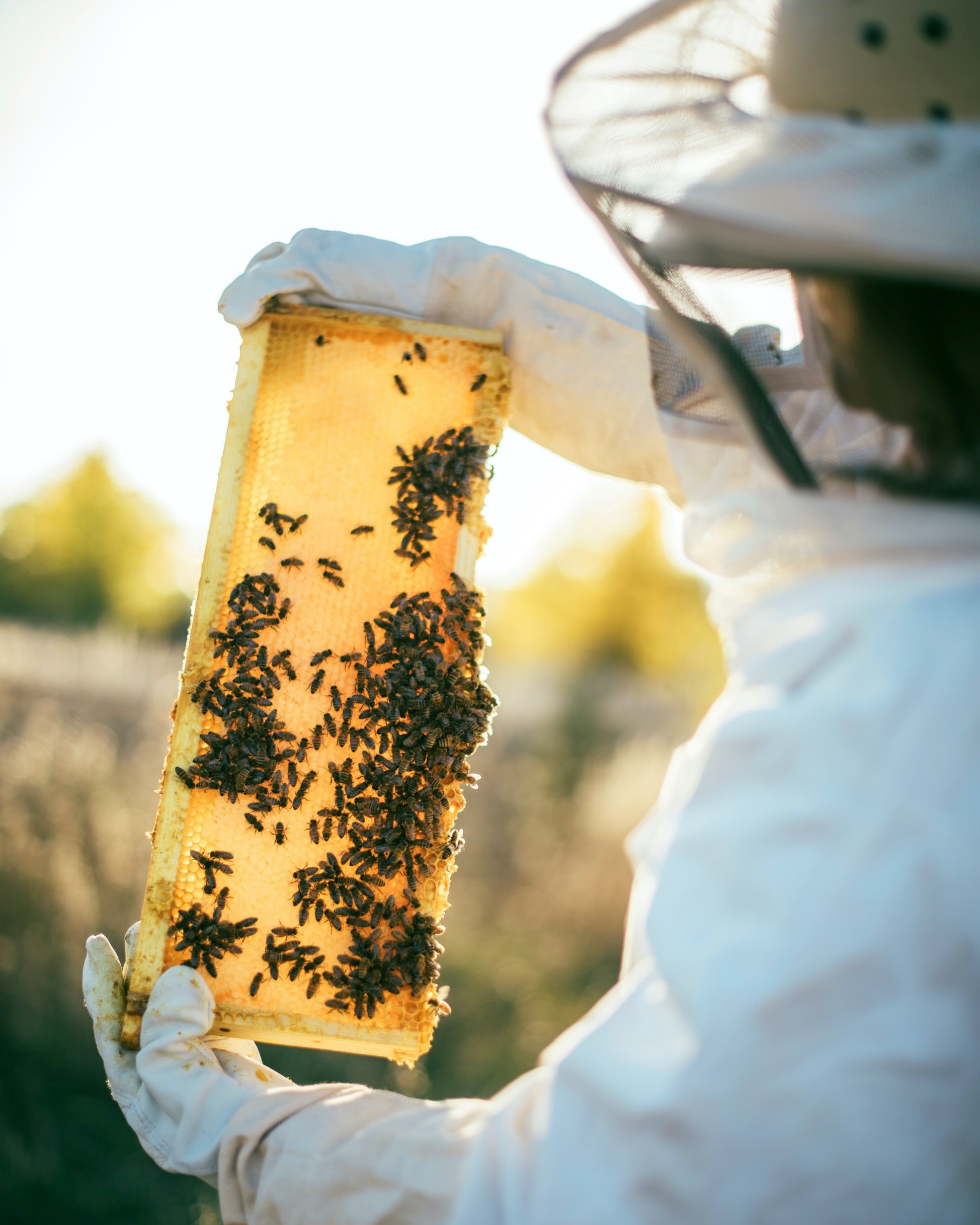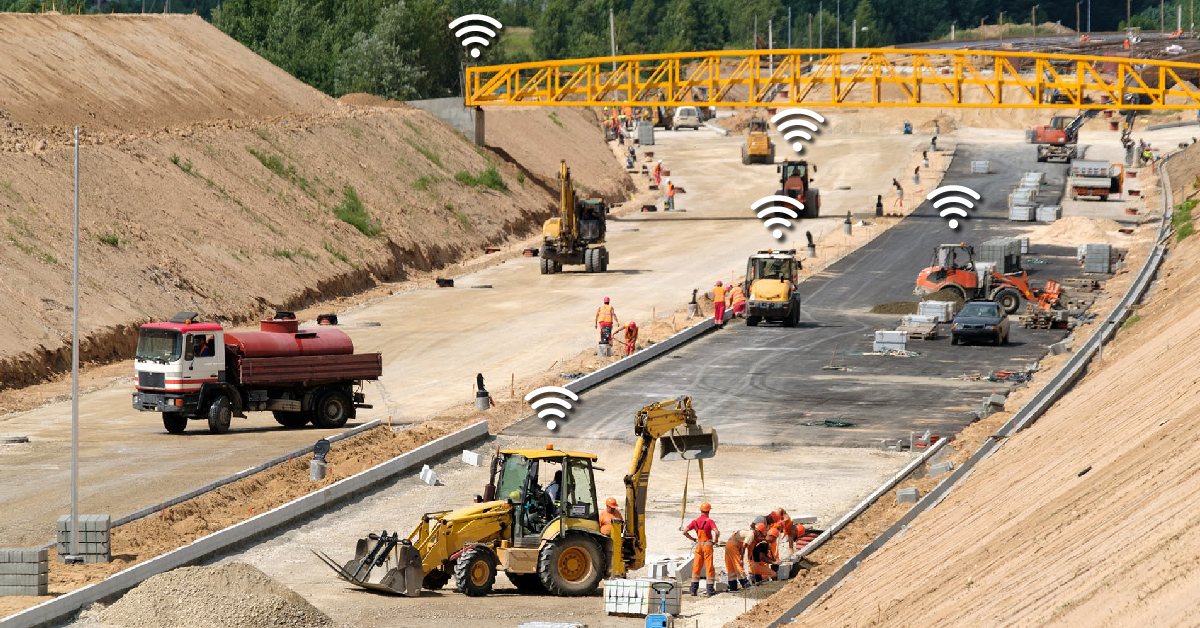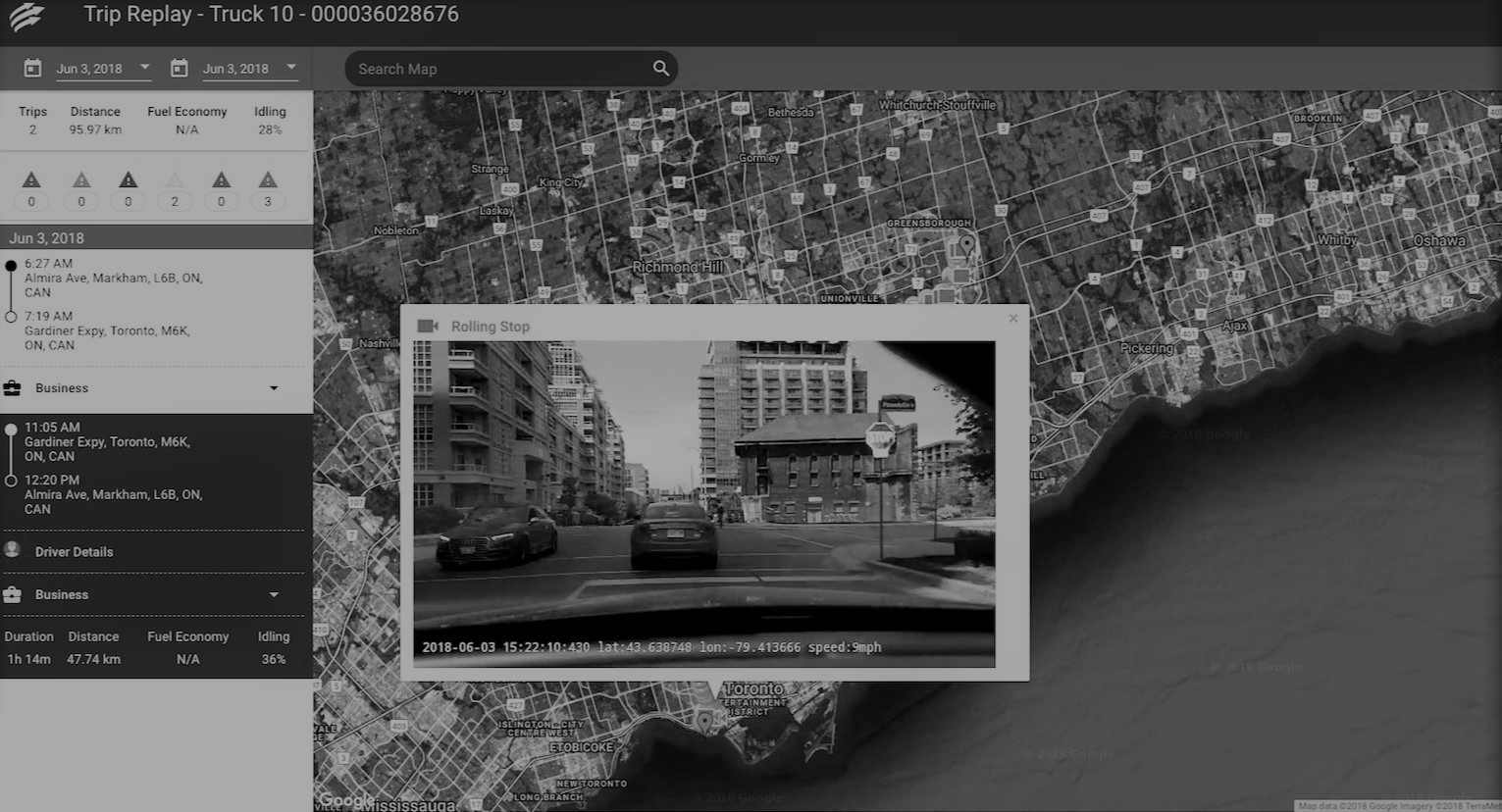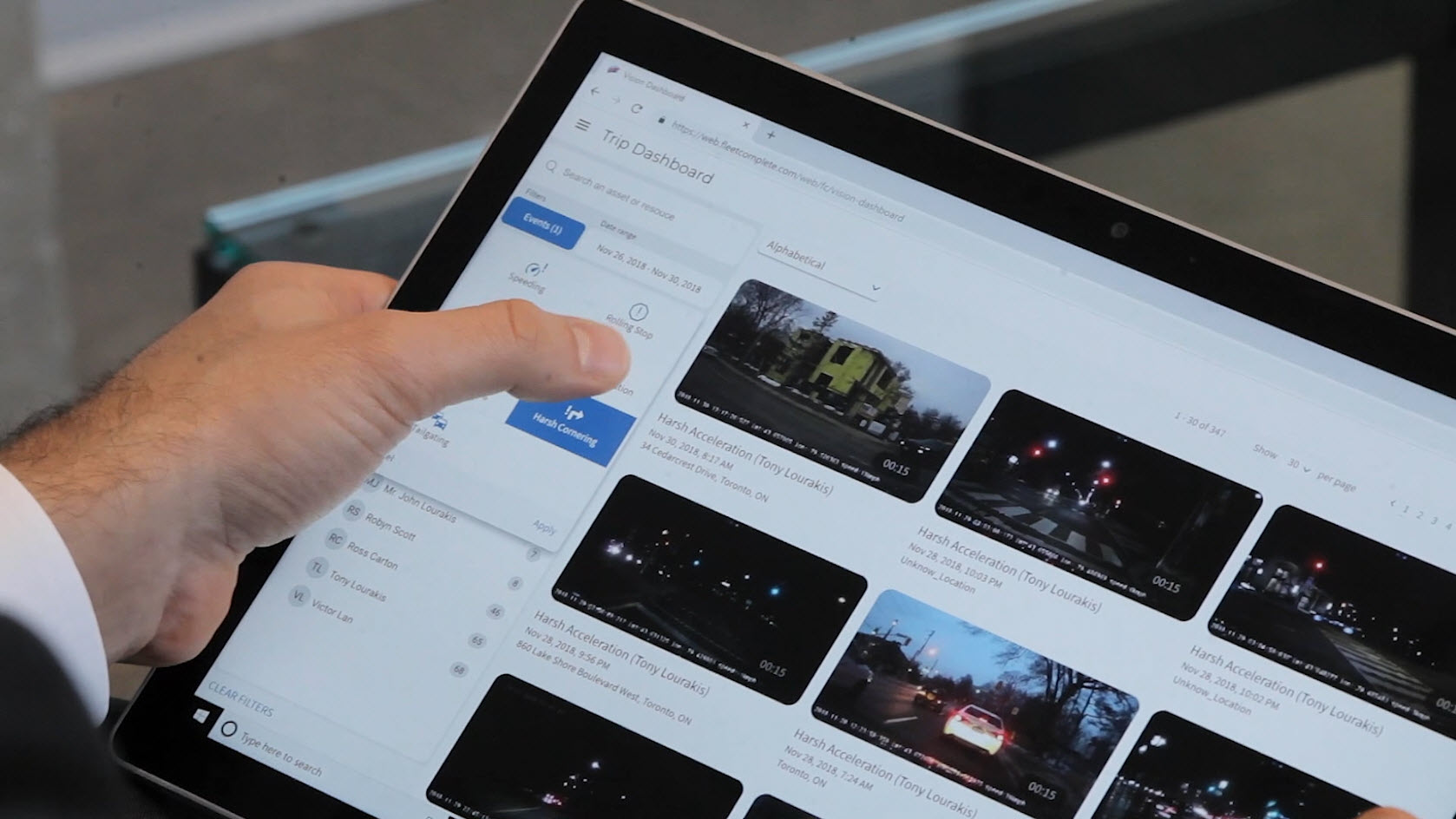In her book, Daring Greatly, Brené Brown describes vulnerability as “uncertainty, risk, and emotional exposure.” In the past year, the one thing that hit that definition in the core was the pandemic. Shattering the very sense of safety and stability in our homes, our communities, and our work places, it brought out vulnerability of an entire global population.
March 2021 marked a year since the work-from-home order was in full force for most businesses and organizations due to the widespread of COVID-19. Prolonged isolation, social distancing, stay-at-home orders have wrought havoc on general mental health.
Today, more than a year later, communities and organizations continue to feel vulnerable as they struggle with unpredictability and the constantly changing calculus due to:
- Perpetual instability: The waxing and waning of the pandemic with no end in sight.
- Lack of timeframe: Inability to see the light at the end of the tunnel; a constant state of flux.
- Mental fatigue: Decreasing ability to maintain adaptive mindset due to prolonged state of suspension from norms and routines.
We at Powerfleet (formerly Fleet Complete) would like to turn to the YMCA (the Y) – a custodian of social welfare for more than a century – and get some insights on how they are dealing with the challenges of the pandemic short- and long-term.
Our company has been a long-standing supporter of the Y, having donated both employee volunteer time and $100,000 towards their Strong Start, Great Future Capital Campaign. Holding People and Community as cornerstones of our corporate values, we wanted to participate vicariously through them, look at today’s world through their lens, and learn how they continue to innovate and find new ways of improving community health and wellness.
“It was that lack of connection that we were really concerned about”
I sat down over a video call with Wendy McDowall, Chief Development Officer at YMCA of Greater Toronto, to discuss everything from their immediate reaction to the pandemic to holistic well-being to their long-term vision.
The Y has always been at the forefront of helping communities tackle systemic challenges and, from the onset of stay-at-home orders, they had to respond to the changing community needs faster than ever before.
“The pandemic allowed us to think about the Y beyond just the actual walls of our centres – our childcare, our health and fitness, our employment and community centres, and our camps,” Wendy explains. “We were a place for them to come and connect, and it was that lack of connection that we were really concerned about…It did force us to innovate and change how we program.”
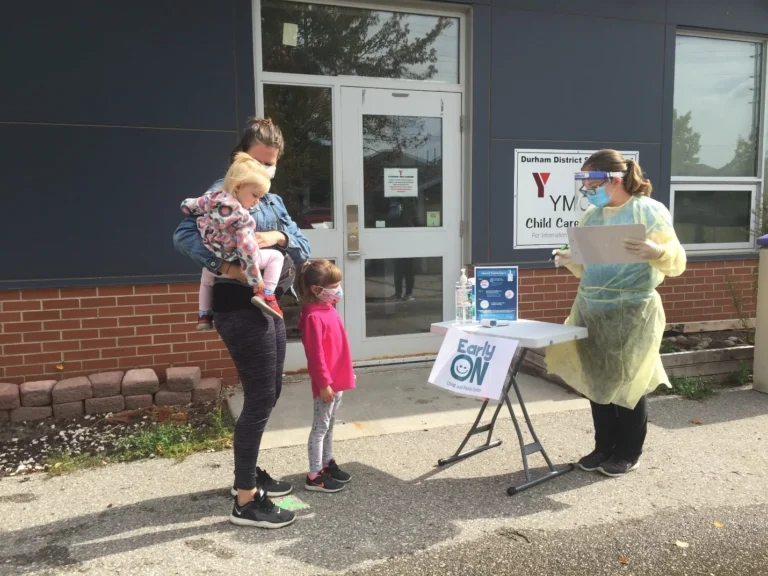
YMCA Child Care during COVID-19 (Photo courtesy of the YMCA)
The Y staff members had to see to it that the organization was able to contribute enough to make sure the community is still functioning and managing in difficult times. The first order of business was to create an emergency response to the community’s most vulnerable:
- Provide child care relief to the frontline workers
- Maintain critical programs for seniors & out-of-school youth
- Repurpose YMCA facilities for essential community needs
With schools and childcare centres closed, the Y set up Emergency Child Care for the essential services employees.
“Parents were really struggling, especially if you were a frontline worker, whether you were a nurse or a doctor or a paramedic or a police person, so we were one of the organizations that opened Emergency Child Care,” Wendy recalls. “We had testimonials from people like an ICU nurse, saying I can drop my child off here and know that she’s going to be safe and healthy and engaged. That was a big sense of relief.”
Wendy also pays a tribute to the Y staff: The protocols for safety that were put in place were outstanding in making sure that infections were kept at bay, and both children and parents had a positive experience.
“Often, people think the YMCA is very youth and children focused – and we are – but it’s really that whole continuum of life”
Another challenge was bridging the digital divide with the senior population who are extremely vulnerable in solitude.
“That was one of the issues in terms of isolation. Our centers played such a role for seniors to come and connect,” Wendy elaborates. “Early in the pandemic, our teams were calling older adult members just to check in on them, talking them through how to set up a zoom call or how to get on MS teams or even just to say ‘how are you’.”
Today, seniors have access to The Bright Spot to virtually connect and enjoy some activities together, whether it is educational, fitness-related, or social.
Improving the mental health of children and out-of-school youth has also become critical. Without classroom interaction, physical activities, games, and outdoor play, youth and children have felt the effects and it has taken a toll.
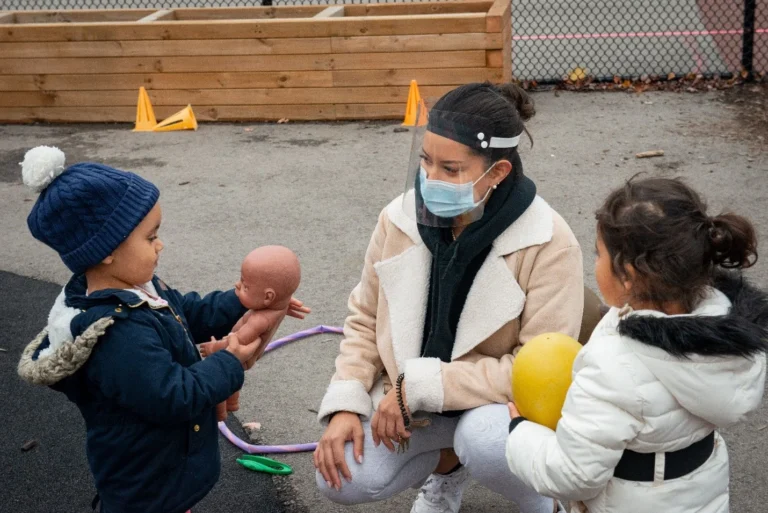
YMCA Child Care during COVID-19 (Photo courtesy of the YMCA)
Wendy confirms, “From a youth leadership perspective, we are very mindful that kids are not in school or they’re virtual part of the time, so we had to find a way to do programs that can take them out of that space and feel a little bit less isolated.”
This also meant rethinking how the empty halls of the YMCA centres can be repurposed.
“We’ve really looked at how our centers can help, given that they’re bits of real estate. How do we open them up in a way that makes sense for the community,” Wendy explains. “Over time, they became everything from food collection services for food banks to assessment centers for COVID-19 testing to vaccination sites… So, over the course of the pandemic, we’ve evolved…It also allowed us to build great relationships with the healthcare sector.”
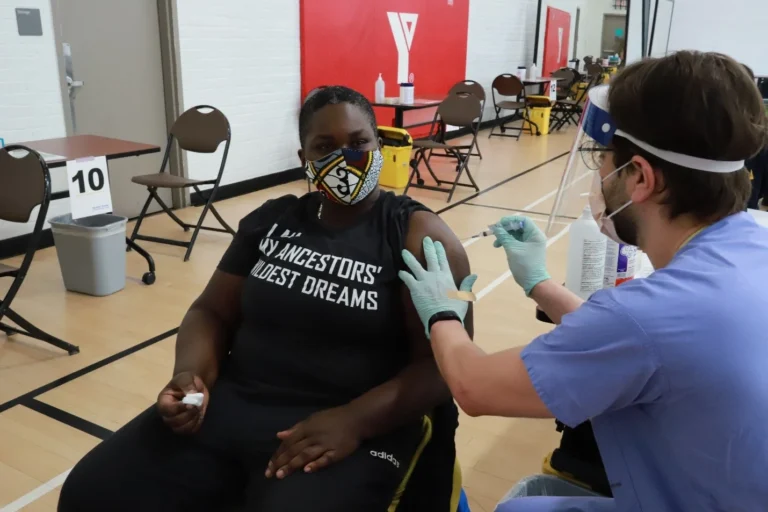
YMCA COVID-19 Vaccination Site (Photo courtesy of the YMCA)
The subject of evolving with the times brought our conversation to the long-term vision for the Y and what are some of the new programs emerging out of this pandemic experience.
“It became clear that there were big issues like inclusivity and diversity and mental health where we can play a role moving forward in terms of the support, programs, and services that we provide,” Wendy elaborates. “Often, people think the YMCA is very youth and children focused – and we are – but it’s really that whole continuum of life.”
“We had a lot of things we could offer and partner with other organizations in terms of serving older adults and bridging the digital divide for seniors.”
“Kindness is one of those words, which sometimes is not given the due importance”
The other aspect of some systemic challenges that Y is attempting to tackle is the put-a-band-aid-on-it approach to social welfare.
“Affordable and supportive housing – we know that housing on its own is a big positive thing for people who are homeless, but having the support so that they’re successful in maintaining their own home became another pillar…We can launch people into a much healthier, productive place, solving a bigger problem.”
As the saying goes: Give a man a fish, and you feed him for a day; teach a man to fish, and you feed him for a lifetime. Providing services that set people up for long-term success in their lives is something that will bring change to our society as a whole.
And that change, according to Wendy, might as well start with language and its employ.
“Developing greater awareness about how we communicate, what we say, and how do we correct those sensitives around language… there’s real impact in how you communicate…We’re going to become much more active in figuring out what role do we play: Is it advocacy? Is it talking to the government? Is it doing impact studies on the work that we do to measure if we’re actually making progress?
How to quantify success – or failure – in a complex social paradigm we live in is another caveat.
“The ability to measure impact – not just outputs or people in our programs, but their economic health, their mental health, their social well-being and all kinds of indicators – those are the metrics we should be measuring.”
Wendy agrees that bringing a comprehensive approach to social welfare is crucial, and it feels like we’re only scratching the surface of the concept of health – what it means to be truly healthy.
“Well-being is really all-encompassing and a big thrust for us. How do we contribute to moving the dial on that? Those are the areas that I’m seeing come to light as we’re talking about our future plans.”
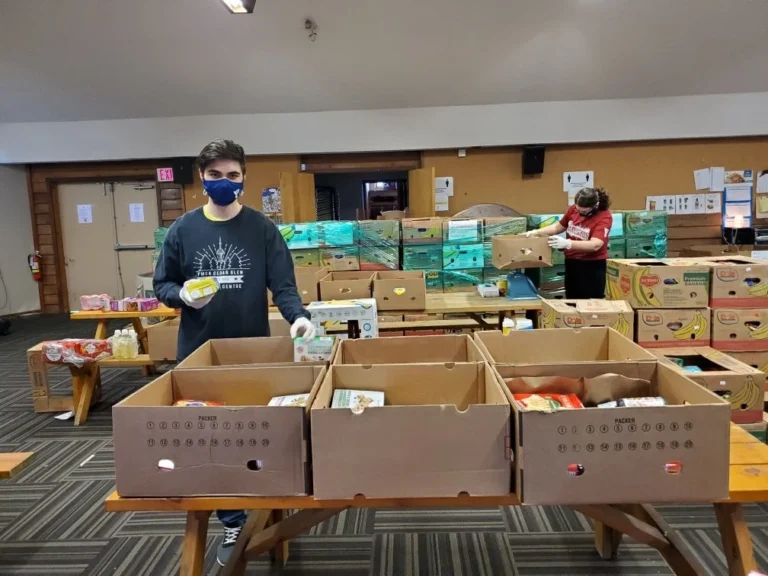
YMCA Food Security Work (Photo courtesy of the YMCA)
Which invites a deeper realization of how interconnected our community – and society as a whole – truly is. Our well-being is holistic: It’s collective, and it’s an ecosystem. What we do matters; what we say matters; and how we feel matters in equal measure. Mental health is not a one-trick pony, but part of a bigger, collective sense of wellness.
Some of our parting words with Wendy were around kindness when trying to impart some form of judgement on others, whether it’s around not wearing a facemask, or not being sensible with the social distance measures, or governments having either too lax or too rigid of an attitude towards the pandemic.
“Kindness will trump your judgement and flip it around a little bit,” Wendy smiles. “It’s about accepting that everyone has a different level of comfort about things, and their level of risk is different…Kindness is one of those words, which sometimes is not given the due importance, but it will be one of those things that will keep our humanity front and center.”
What astute parting advice for our state of great vulnerability today.





